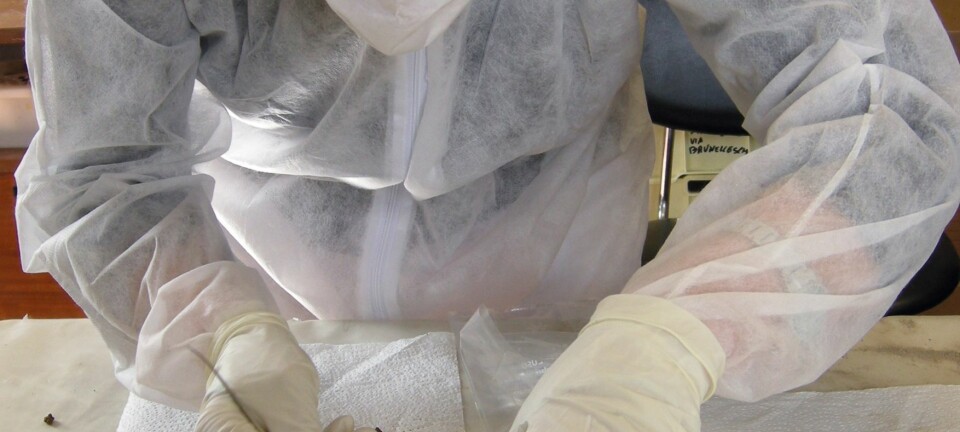
Scientists want to collect your DNA when you die
It will take 10 years to gather genetic information on half a million dead people. But is it ethical? And how will they do it?
Scientists in Denmark want to create a DNA archive of deceased peoples’ genomes--a form of biological national register.
The proposal is published as a letter in the renowned scientific journal Science.
"Our idea is to collect DNA from all deceased Danes. If we did this, then within one year, we would have genomes from 60,000 people who have lived a full life. After 10 years we would have half a million [genomes]. And it would be much better information than we have now," says co-author Michael Christiansen from Statens Serum Institute (SSI), Denmark.
You cannot harm dead people
Other scientists have welcomed the idea of a DNA archive, which they describe as a large and reliable dataset that could resolve some of the ethical conundrums of collecting peoples’ genetic material.
"A recurring argument is that information about our genetic variants and the risk of disease might be [misused]. But you cannot harm someone who has died,” says Professor Lars Bolund, from the Institute of Biomedicine, Aarhus University, Denmark.
“So this is a solution [to] these types of objections," he says.
Dilemma: Should relatives be told about problematic genes?
But there are other ethical stumbling blocks. While the deceased is not alive to be affected by their newly discovered genetic information, their relatives often are.
"Imagine that we collect genomes from a lot of dead people, and then it turns out that 100 of them have genetic variants of some serious diseases. Should their children be told?" says Christiansen.
He asks whether it is even ethically acceptable to withhold this information from relatives and recommends three main areas of legislation that are needed to navigate through these types of ethical questions.
People need to be able to opt out, he says. This could be in the form of a donor card where people can choose whether or not to donate their DNA to scientific research.
Anonymity is important. There are cases where the identity of people with a rare disease was discovered by cross-referencing with other registries, says Christiansen, who stresses that this should not be possible.
There should also be strict rules of access to the data to control who can extract information from any such DNA archive and for what purpose.
-------------
Read the Danish version of this story on Videnskab.dk
Translated by: Catherine Jex









